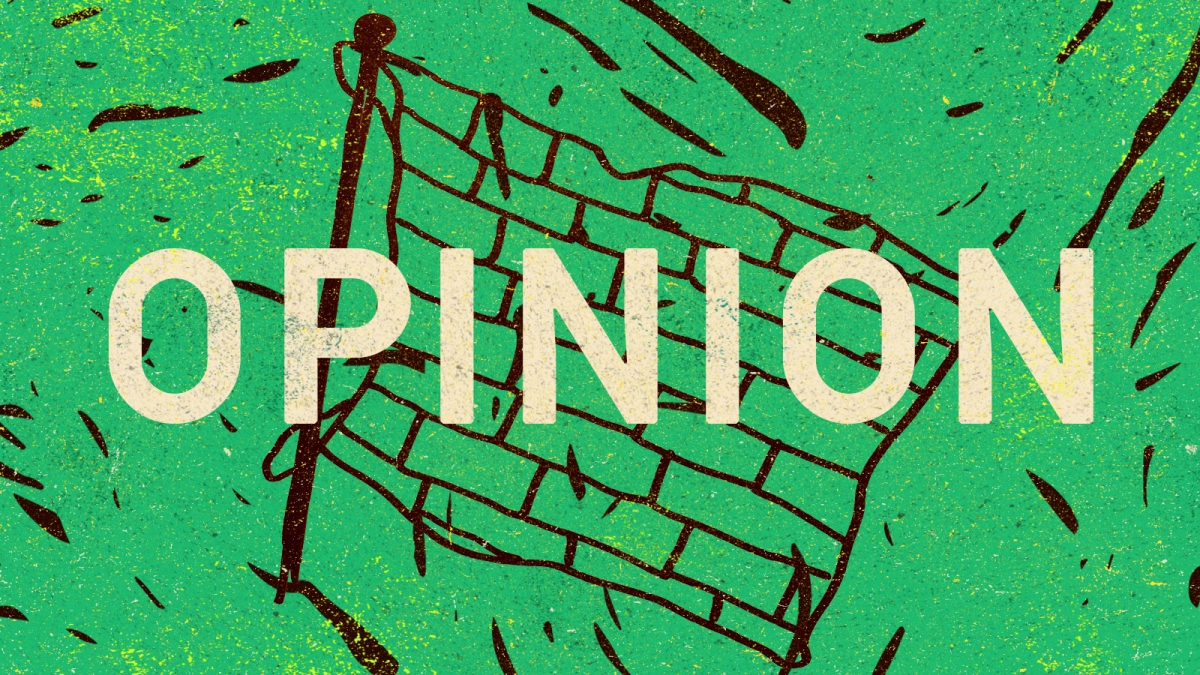At this year’s Berlin Summit, which took place in Berlin in October, Prime Minister Albin Kurti announced he would abolish the visa regime for the citizens of Bosnia and Herzegovina (BiH), permitting them to enter Kosovo visa-free.
Despite the Western Balkans’ Agreement on Freedom of Movement with ID Cards, signed in 2022, BiH has refused to implement the agreement. BiH has blocked visa-free access for Kosovo citizens since its independence, while Kosovo has done the same since 2014, until Kurti’s recent decision to unilaterally abolish the visa regime.
Prime Minister Kurti’s decision can be seen as a progressive step toward allowing citizens to travel freely and fostering regional stability in the Western Balkans, potentially encouraging BiH to reciprocate. However, this could also be seen as a strategic maneuver by Kurti who might apply pressure on the EU to push Bosnia toward compliance.
Additionally, Kurti’s unilateral decision to abolish the visa regime with BiH can be interpreted as a sign of good gesture and a diplomatic effort aimed at enhancing bilateral relations with Germany.
Recently, Kurti clashed with Germany’s Special Envoy for the Western Balkans, Manuel Sarrazin, who warned that the Berlin Process and CEFTA could proceed without Kosovo if the government doesn’t alter its stance on the import ban on Serbian products. Ultimately, Kosovo partially lifted the ban and was invited to join the Berlin Summit.
The Kosovo Government has been isolated from allies due to the government’s several unilateral decisions in the north of the country which has severely damaged relations with key allies.
Lost Years of Unnecessary Barriers
For years, Bosniaks and Kosovars have faced daunting obstacles when attempting to visit family across borders due to restrictive visa policies and complex bureaucratic procedures.
The costly and time-consuming process has made travel nearly impossible for many, as applications often require approval from multiple foreign ministries and must be submitted through embassies in neighboring countries.
These challenges have particularly affected families with strong ties on both sides, forcing them to endure prolonged and uncertain waits simply to reunite with loved ones.
According to Prishtina Insight, visas for Kosovars to visit BiH are “issued in exceptional cases and require the approval of the country’s Ministry of Foreign Affairs, and applications must be submitted in regional countries’ embassies.”
Spelling out BiH’s treatment of Kosovars is no difficult task, but it is nearly inexplicable why Kurti and his supporters would call such a decision a “success” for Kosovo, despite BiH’s unmoved policy towards the regional neighbor.
Putting the Ball in Someone Else’s Court
Kurti’s unilateral decision to lift visa requirements for citizens of BiH comes despite his awareness that, due to the obstructions posed by Dodik and Vucic, BiH is unlikely to reciprocate anytime soon.
This decision serves two purposes: First, it acts as a gesture of goodwill, and second, it puts pressure on BiH to respond in kind while also compelling the EU to address the issue.
While Kurti understands that BiH cannot reciprocate in the near term, his choice remains legitimate. If BiH fails to reciprocate, it will highlight the EU’s inability to make progress in the Berlin Process.
In doing so, Kurti reveals the EU's limited influence over the internal divisions within BiH and underscores the necessity for a more concrete regional strategy.
Unmistakably, a response from either the EU or BiH appears unlikely. However, through actions like Kosovo’s partial lifting of imports of Serbian goods and the abolishment of visa requirements for BiH citizens, Kurti signals that the next move must come from the other side.
What Comes Next?
In response to Kurti’s abolition of visas for Bosnian citizens, the President of Republika Srpska, Milorad Dodik, reiterated reiterated BiH’s non-recognition of Kosovo, aiming to justify blocking the visa-free regime for Kosovo citizens.
Germany’s Special Envoy for the Western Balkans, Manuel Sarrazin, who previously clashed with Kurti, has now turned to warn Dodik, stating that as long as he blocks entry for Kosovo citizens, he should expect nothing in return.
Abolishing visas for Kosovo citizens could catalyze improved relations between Kosovo and BiH, increasing visitor flows and creating opportunities for cultural and economic cooperation. This could, in turn, build momentum for progress on the political front.
For that to happen, it requires proactive EU and German involvement. It is up to the EU—and Germany in particular—to take decisive action and generate real momentum toward fostering regional stability in a region that aspires to join the EU.
Kurti has made his move. Now it’s time for BiH and the EU to make theirs.





























































